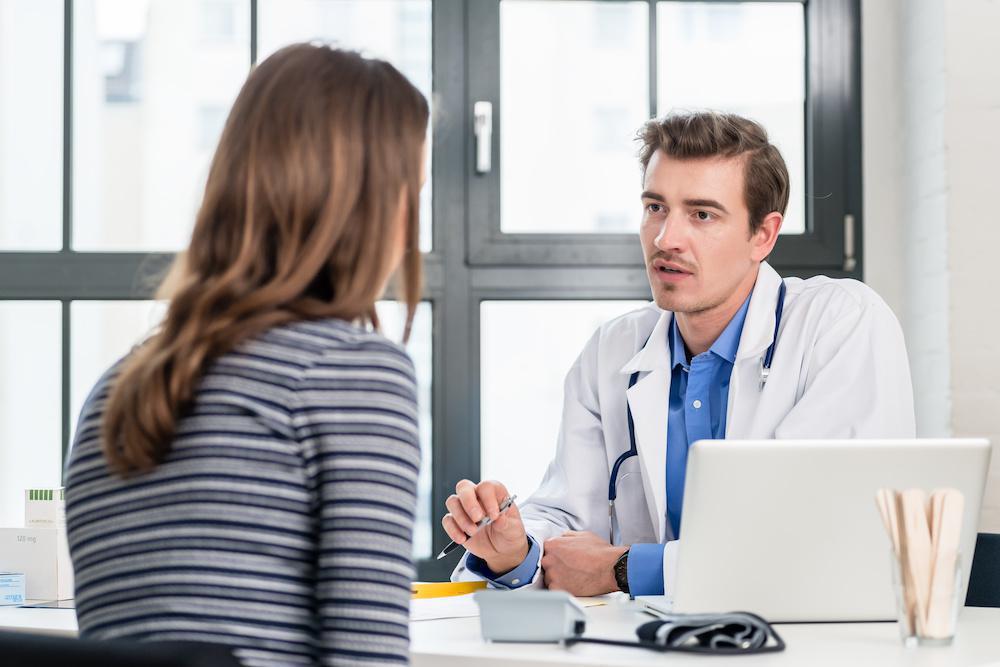The veins in your legs have a difficult job. Every day they must fight against the force of gravity to move blood from the lower half of your body back to your heart. When your veins aren’t functioning properly, it can cause pain and other complications that can put your cardiovascular health at risk.
At HeartCare Associates of Connecticut, LLC, our cardiovascular specialists offer diagnostic testing services on-site to assess your leg vein health. If you’re experiencing pain, it’s important that you get a prompt diagnosis and the treatment you need to improve your vein function.
Why pain develops in your leg veins
Healthy veins carry blood to your heart with the help of muscle contractions. Inside your veins are small valves that ensure blood flows only in one direction.
When these valves are weak or not working correctly, they can allow blood to flow backwards. Blood can pool inside your vein and cause the vessel to enlarge. Enlargement in the small veins is known as spider veins.
Enlargement of bigger veins describes varicose veins. These veins tend to bulge out from under the surface of your skin. They can also feel hot to the touch and eventually cause pain.
Another source of leg vein pain is deep vein thrombosis (DVT). This condition develops when a blood clot forms in one of the deep veins of your legs. You may be at increased risk for DVT if you have underlying medical conditions like an inflammatory disease or a blood clotting disorder.
What to do about vein pain
If you have occasional discomfort in the veins of your legs, you might find some relief by walking around or elevating your legs above your heart when resting.
If your vein pain is sudden or severe, it can be a warning sign of a blood clot. You should schedule an evaluation with our team at HeartCare Associates of Connecticut, LLC if you have leg pain that you can’t treat on your own.
We offer diagnostic imaging tests to assess the flow of blood in the veins of your legs and identify what’s triggering your symptoms. Using the results of your testing, our providers customize a treatment plan to relieve your pain and its underlying cause.
Our team can also address varicose veins if you’re unhappy with the appearance of your legs because of the bulging, twisted veins.
Treatment options for damaged leg veins
There are several ways we can treat the conditions that cause pain in your leg veins. One option is to take blood-thinning medications to make it easier for blood to flow throughout your body. You might need this type of medication if you have or are at risk for having blood clots.
Other vein care treatments we offer include:
Radiofrequency ablation (RA)
Radiofrequency ablation therapy uses radio waves to heat and destroy varicose leg veins. Blood reroutes to nearby, healthy veins.
Venefit™
Venefit is an endovenous catheter ablation technology that uses radiofrequency energy to destroy damaged veins.
VenaSeal™
VenaSeal uses a medical glue to close damaged, enlarged veins.
Sclerotherapy
Sclerotherapy involves injections of chemical agent into damaged veins. The chemical irritates the nerve and ultimately causes it to collapse.
Ambulatory phlebectomy
Ambulatory phlebectomy is a surgery to remove damaged veins through very small incisions.
Laser therapy
Laser therapy uses precision lasers to break up spider veins, so they are less visible on your skin.
To lower your risk for problem veins in your legs, our team may also recommend compression stockings, which keep blood moving back to your heart. We also offer topical creams that soothe tired legs and keep them looking young and healthy.
To schedule a diagnostic evaluation for vein pain in your legs, call the HeartCare Associates of Connecticut, LLC office near you or book an appointment online today.







